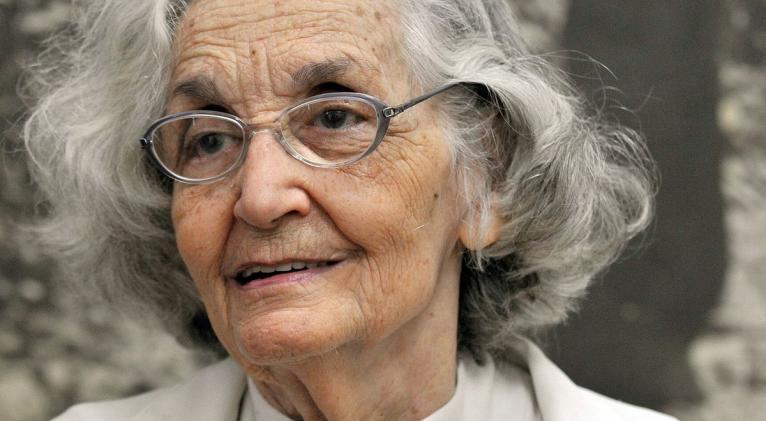The century of Fina García Marruz
especiales

With the death of Fina García Marruz, an era of Cuban literature came to an end: that of the great origineist poets, creators of an immense lyrical work, uniquely emanating for the Cuban nation... and for the entire language. Along with giants like Lezama or Eliseo Diego, she was a giant. Without boasting or posing, as if asking for permission, Fina was putting together a work that over the years would become a heritage of Cuban culture due to its essential depth, for the concretion of formal contributions, for its roots in a heritage, a tradition.
She was not a poet of emphasis or of dark densities. Her texts always forged bridges with the sensitivity of others. They were, many times, an intimate diary, an account of desires and findings. And sometimes, light and aerial philosophy: small truths.
For Fina, the metaphor did not seem like a search, it was nature. The verse did not wallow in wit or in the sparkling play on words: it was lavished calmly, without frights, devoid of makeup. And the object was that of every day, the everyday... singled out by a kind look, although not complacent.
She explained it in a meridian essay, Talking about Poetry: “The first thing was to discover a hole: something was simply missing. But, suddenly, everything could take a turn, and things, without leaving their place, began to be in another. Poetry was not for me in the new unknown but in a new dimension of the known, or perhaps, in an unknown dimension of the obvious. Then I tried to reconstruct, starting from that hollow, the glimpsed, announcing candlelight. Lightning of the whole in the fragmentary, it appeared and closed suddenly, like lightning.”
That integrating capacity that did not intend to charge, ended up giving birth to a poetics, which partnered very well with her prose, rather than continuity.
Fina's essay work and her cultural journalism, which address numerous aspects of literary creation, have an indisputable reference point: José Martí. It does not mean that the writer intended to emulate a style: the referent is above all ethical... ideological affinity assumed from the beginning. In Martí, she used to say, Cubans find their own secret.
She and her inseparable Cintio Vitier personified an example of intellectual coherence. They build homeland from poetry. Cuba gave Fina García Marruz her highest honors. And yet, the nation that honored with the exercise of it, will always remain in debt. Although, like Martí, Fina did not need pedestals. She devoted herself to service, convinced of the usefulness of virtue.
Translated by Sergio A. Paneque Díaz / CubaSí Translation Staff














Add new comment